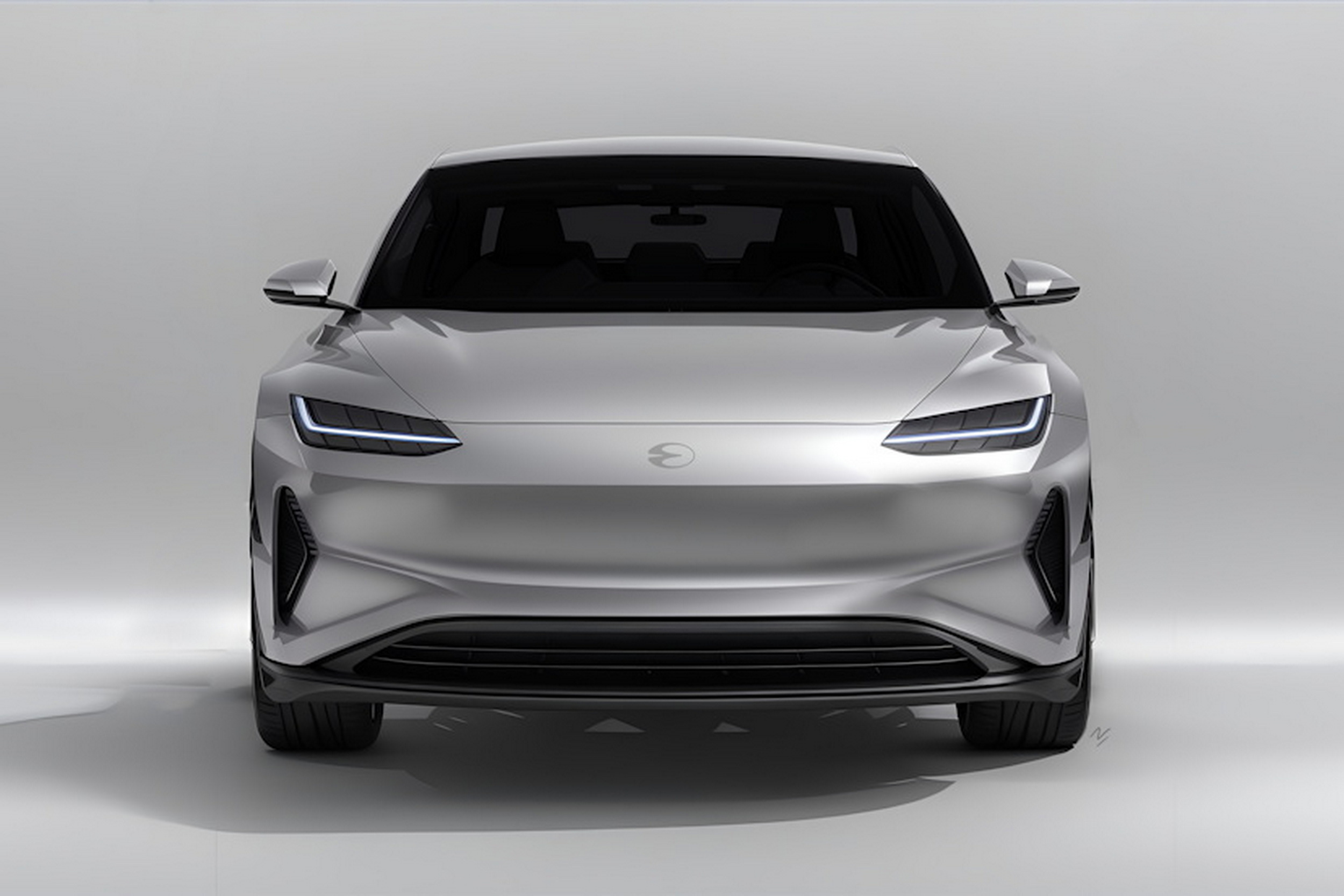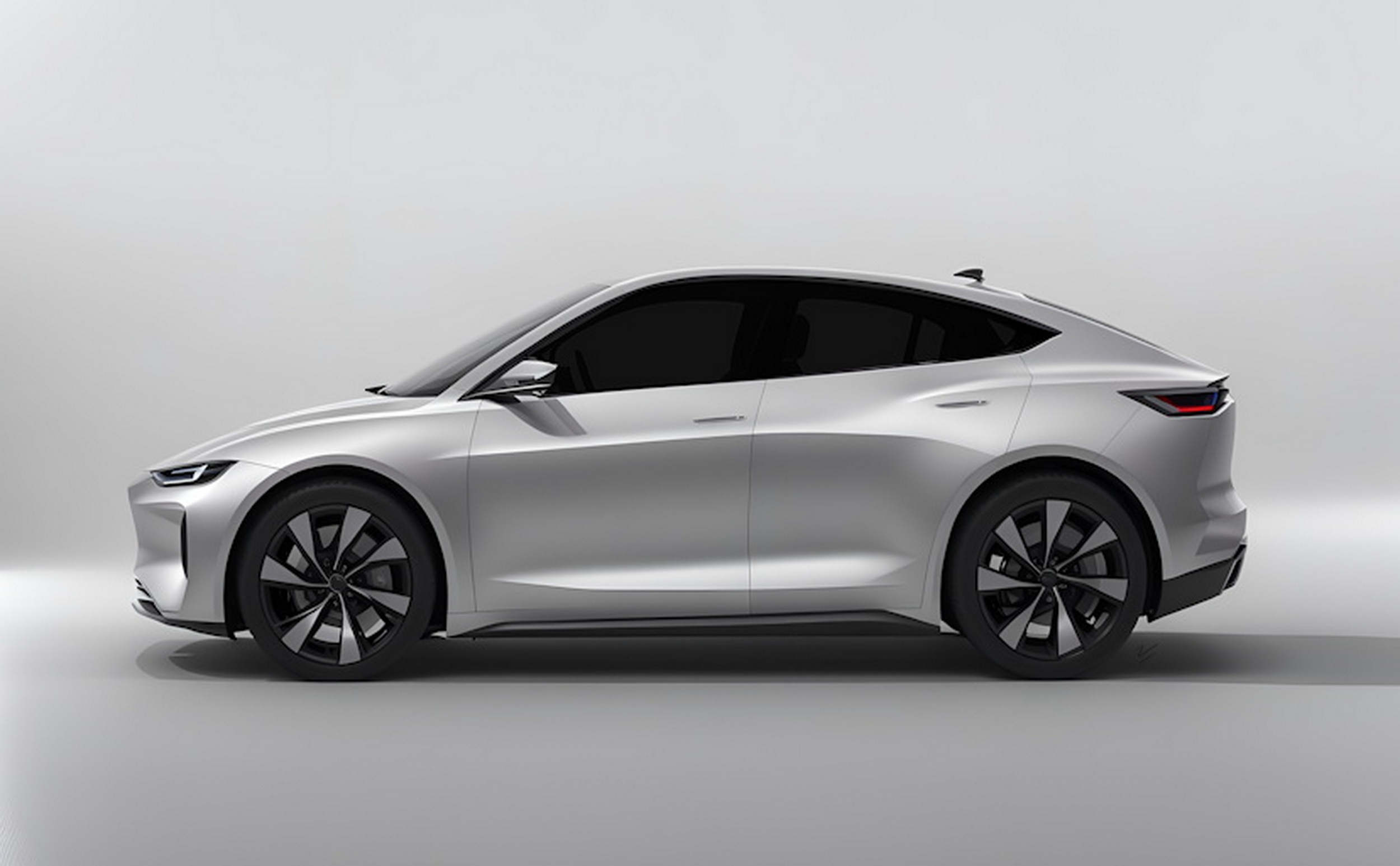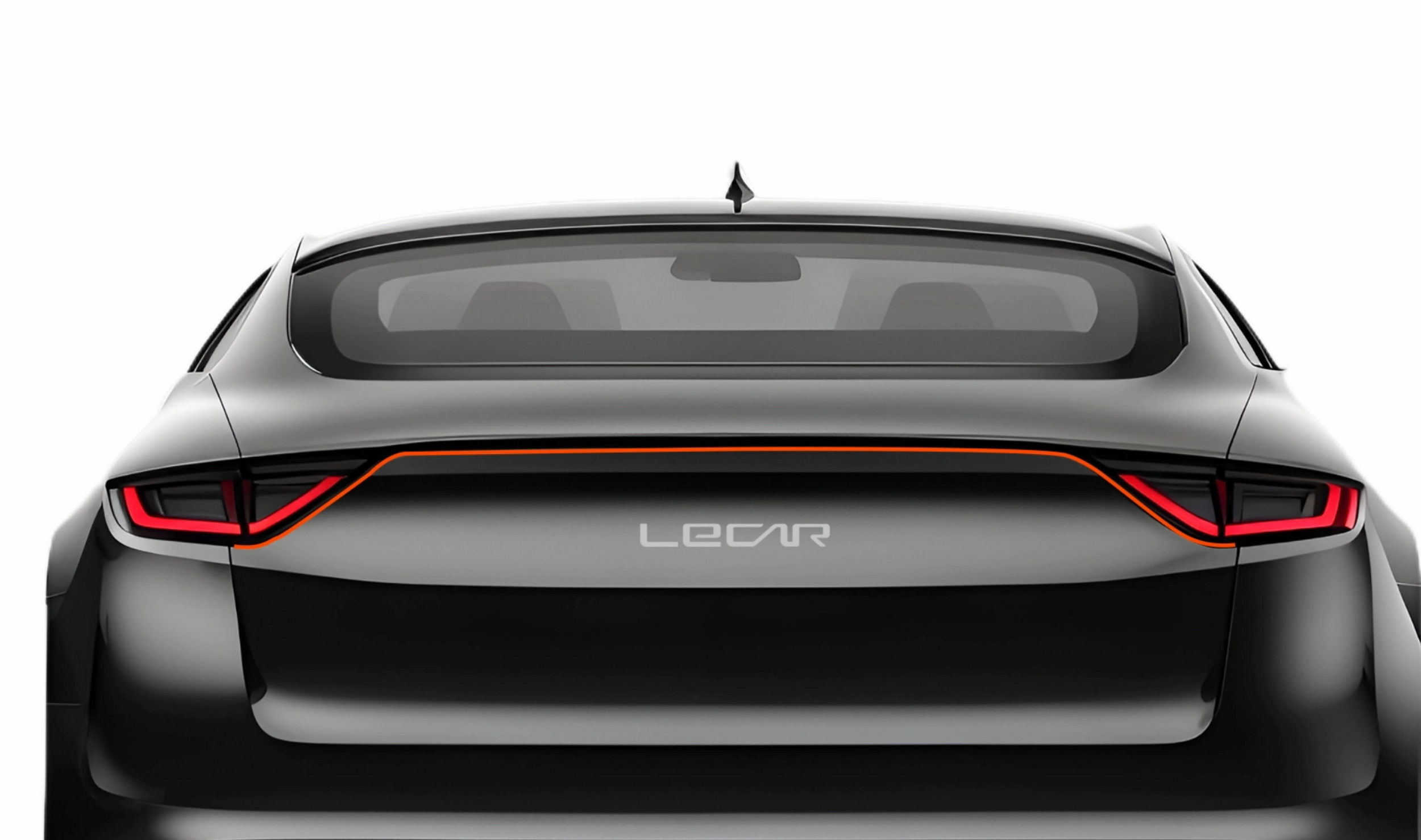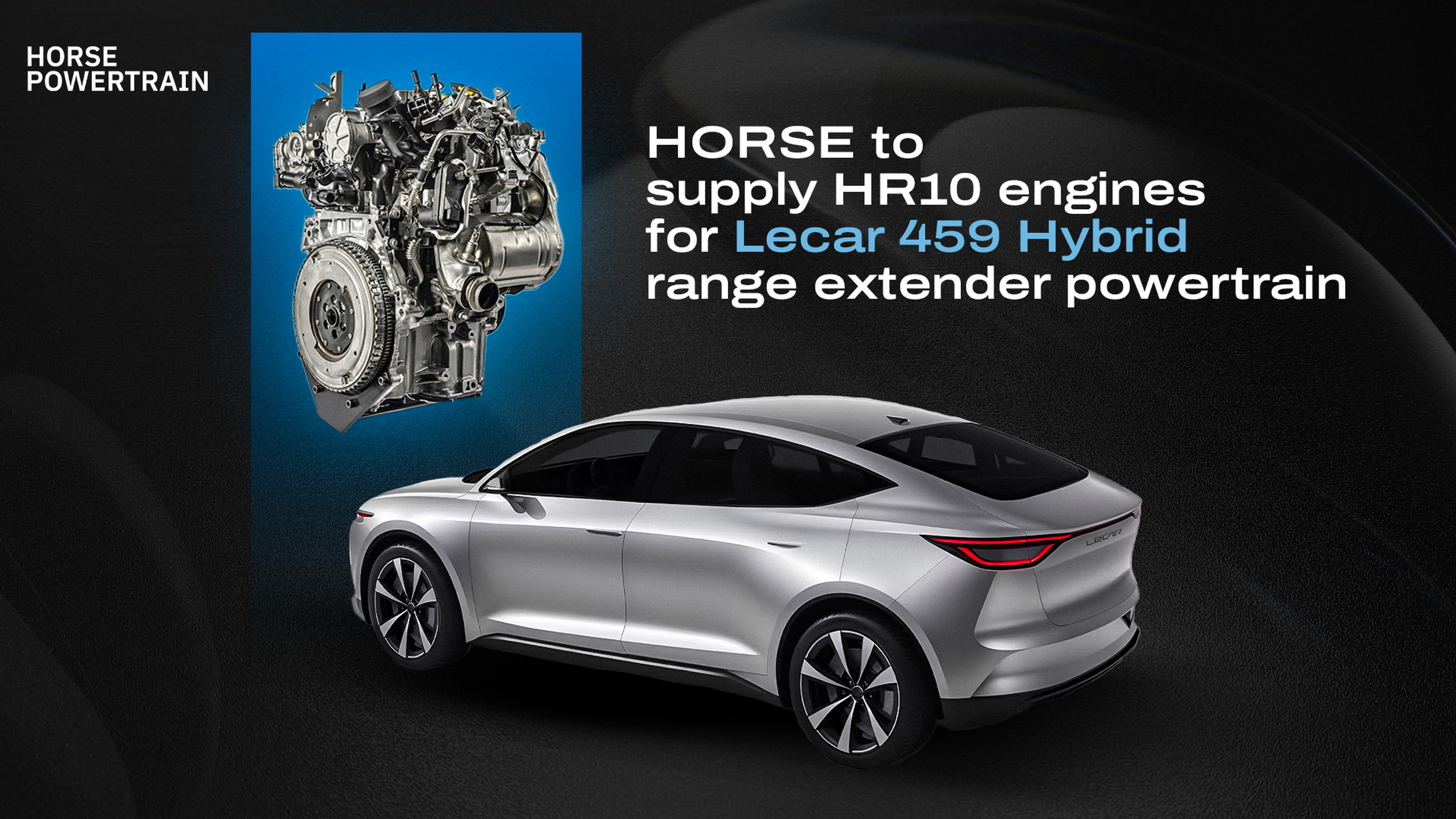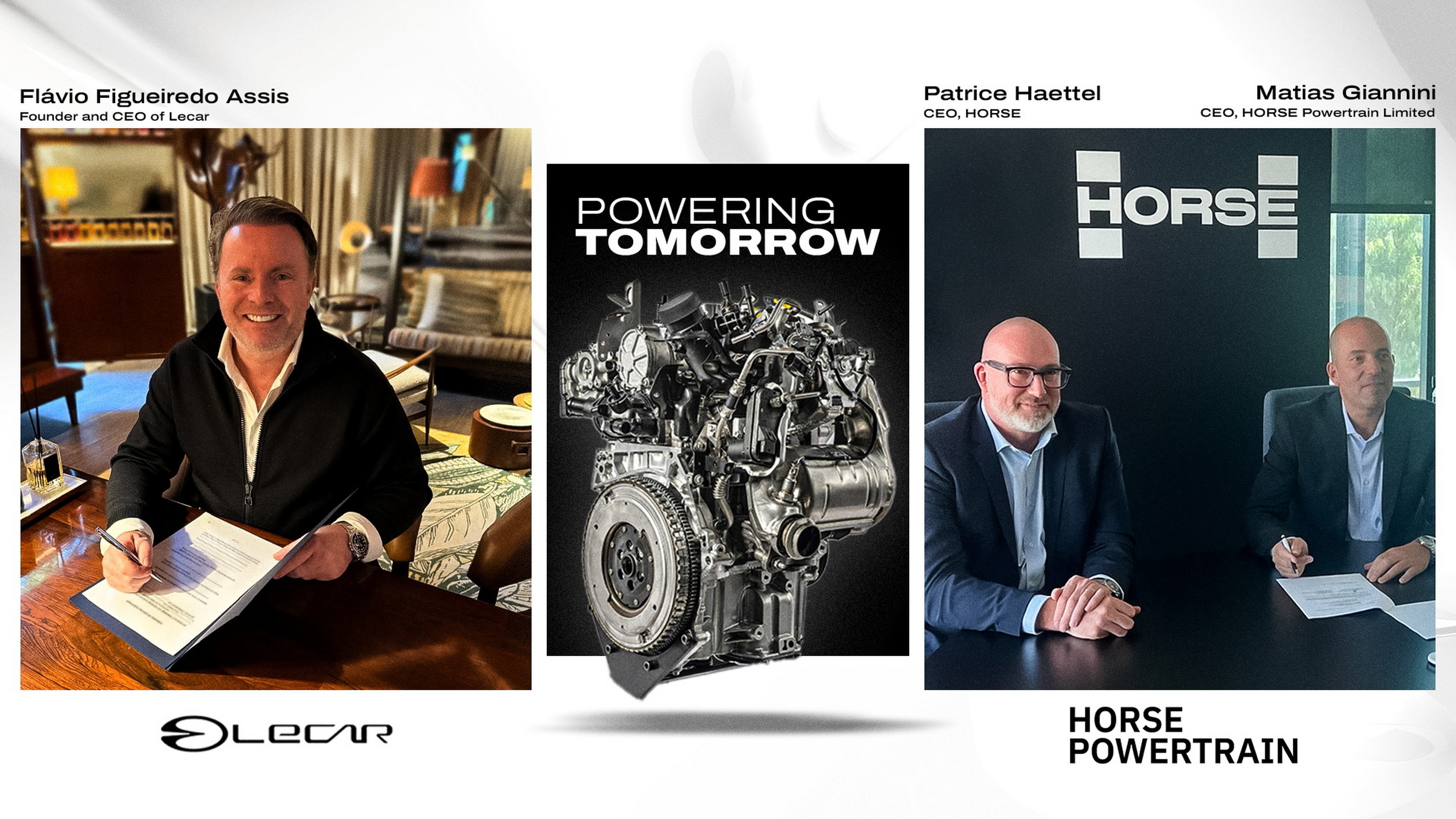- A Brazilian startup has unveiled its first model, named the Lecar 459 Hybrid.
- This Tesla-inspired crossover features an EREV powertrain, boasting a 621-mile range.
- Production is expected to start in August 2026, with a price of R$147,900 ($26,900).
The car you see here might look like a rendering for the next iteration of the Tesla Model Y, but it’s actually an entirely new electrified offering from a Brazilian startup. Meet the Lecar 459 Hybrid, a compact crossover with a range-extender powertrain. Slated to enter production in 2026, this wannabe disruptor is priced to move at R$147,900 ($26,900).
Lecar, dubbed “Brazil’s newest home-grown automaker,” plans to introduce a “range of sophisticated and affordable EV models, targeted at domestic audiences”. The first of these is the Lecar 459 Hybrid, which has been previewed in official renderings.
More: Tesla Launching A 6-Seat Model Y In China Next Year, Report Claims
The Lecar 459 Hybrid seems to have taken a cheeky leaf out of Tesla’s design playbook, particularly in its profile. However, it’s more compact than the Model Y, stretching just 4,350 mm (171.3 inches) with a wheelbase of 2,700 mm (106.3 inches). Despite its EREV setup and monocoque body, it tips the scales at a mere 1,396 kg (3,078 pounds)—almost as if it’s on a diet.
The company skipped showing us the interior but claims it’ll have a five-seater layout with 530 liters (18.7 cubic feet) of cargo space. They’re also packing it with a bunch of ADAS tech, pushing for those Level 2 autonomous bragging rights.
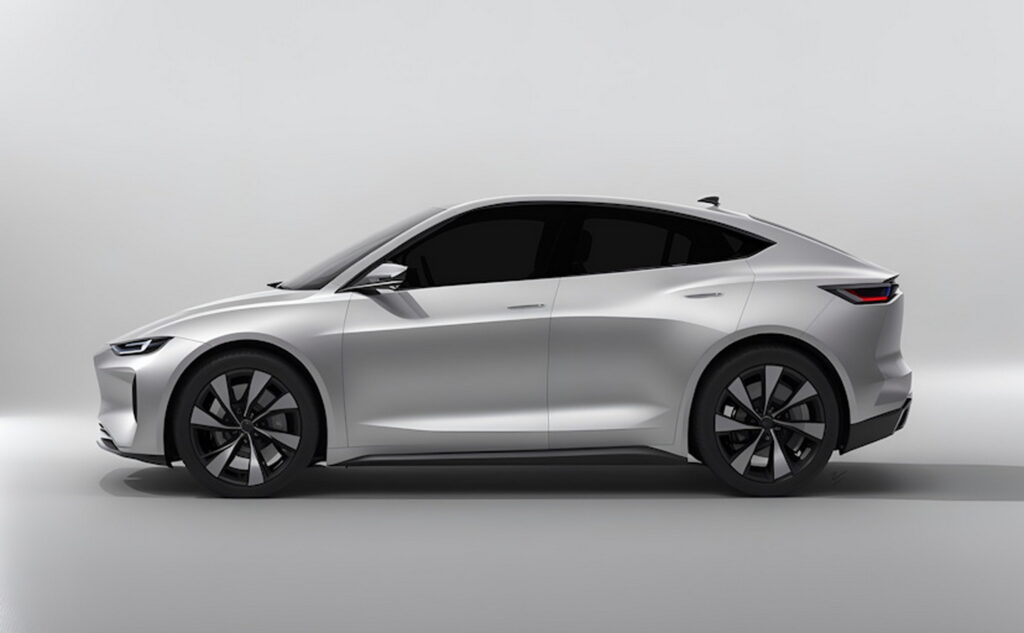
The Lecar 459 Hybrid (above) compared to the Tesla Model Y (below).
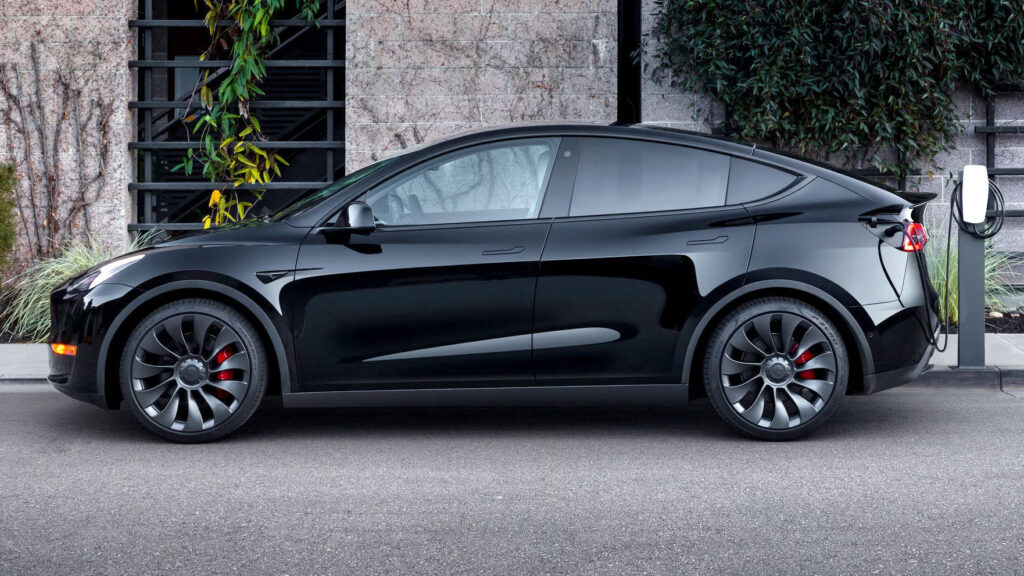
The powertrain of the Lecar 459 Hybrid was designed with efficiency and affordability in mind, rather than outright performance. A single electric motor producing 163 hp (121 kW / 165 PS) and 258 Nm of torque sends power to the rear axle, with a combustion engine serving as a power generator for the smaller-than-usual 18.4 kWh battery pack.
The turbocharged 1.0-liter three-cylinder engine, featuring direct fuel injection and double overhead camshafts, is sourced from Horse—a joint venture between Renault Group and Geely. Previously utilized in light commercial vehicles, this unit delivers 114 hp (85 kW / 116 PS) and 200 Nm (147.5 lb-ft) of torque on gasoline and ethanol. Interestingly, while Horse provides these specs, Lecar claims the ICE produces 121 hp (90 kW / 122 PS) and 220 Nm (162.3 lb-ft).
According to official estimates, the Lecar 459 Hybrid will manage a 0-100 km/h (0-62 mph) sprint in a modest 10.9 seconds. The standout feature is its impressive promised range of 1,000 km (621 miles) on a full tank of gasoline, without needing to rely on charging infrastructure. Additionally, the EREV will support charging, offering an EV-only range of 100 km (62 miles).
Lecar says it will begin construction on a new factory in Espírito Santo, Brazil, later this year. The facility is set to open in August 2026, with a production capacity of 120,000 cars annually. Horse has announced it will supply 12,000 engines for the Lecar 459 Hybrid, noting that the first prototype is already undergoing testing.
Brazilian buyers who want access to the promotional price of R$147,900 ($26,900) must to join the waiting list with a down payment of R$1,300 ($236). As of now, it’s unclear whether Lecar intends to export the 459 Hybrid to markets outside Brazil.





